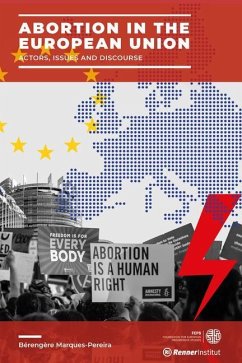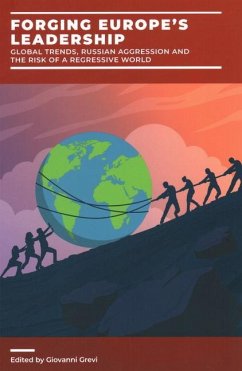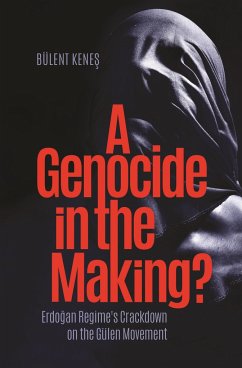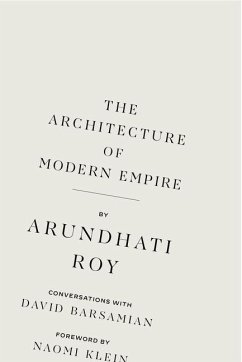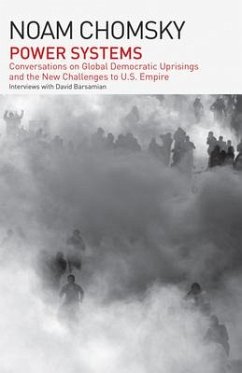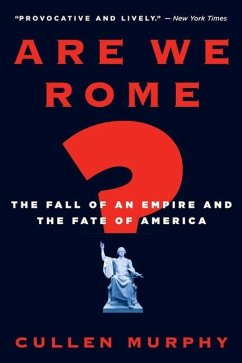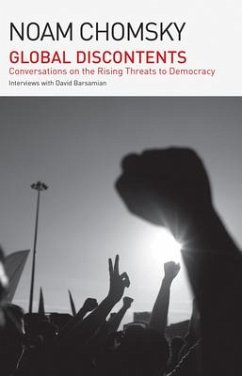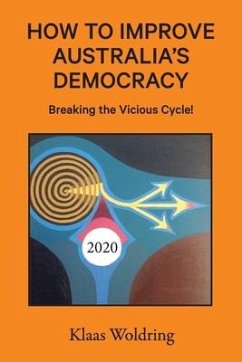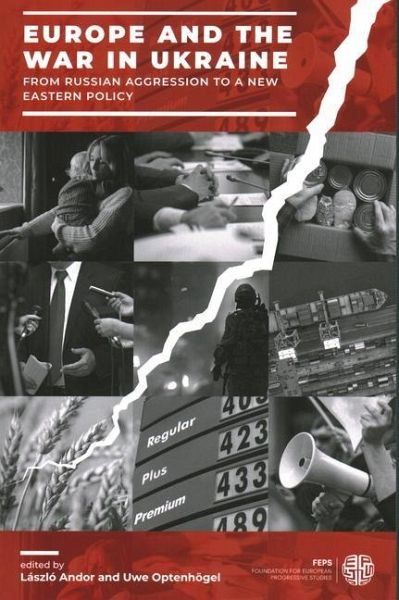
Europe and the War in Ukraine
From Russian Aggression to a New Eastern Policy
Herausgeber: Andor, László; Optenhögel, Uwe
Versandkostenfrei!
Versandfertig in über 4 Wochen
26,99 €
inkl. MwSt.

PAYBACK Punkte
13 °P sammeln!
Russia's aggression against Ukraine in February 2022 shook the world and has caused immense suffering and destruction in the invaded country. All indications are that the war will drag on deep into 2023. Until now the conflict has been highly dynamic, both militarily and politically. Ambitions, objectives and achievements have been as dynamic as the policies of the stakeholders involved. While not a military player itself, the European Union has emerged as a significant actor by aiding the Ukrainian war effort, supporting refugees, sanctioning Russia and turning Ukraine into a candidate for EU...
Russia's aggression against Ukraine in February 2022 shook the world and has caused immense suffering and destruction in the invaded country. All indications are that the war will drag on deep into 2023. Until now the conflict has been highly dynamic, both militarily and politically. Ambitions, objectives and achievements have been as dynamic as the policies of the stakeholders involved. While not a military player itself, the European Union has emerged as a significant actor by aiding the Ukrainian war effort, supporting refugees, sanctioning Russia and turning Ukraine into a candidate for EU membership.



